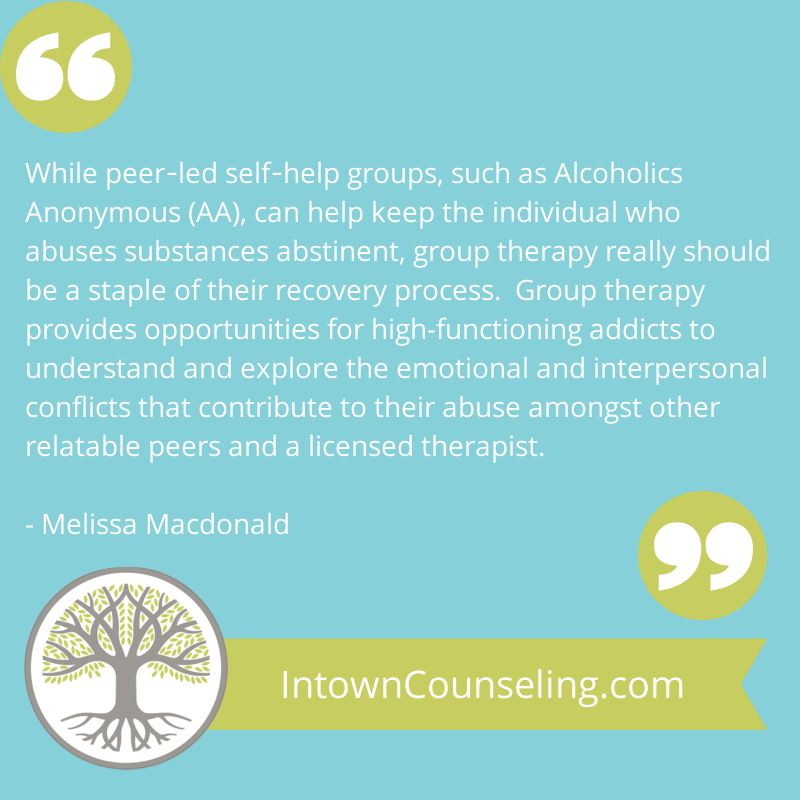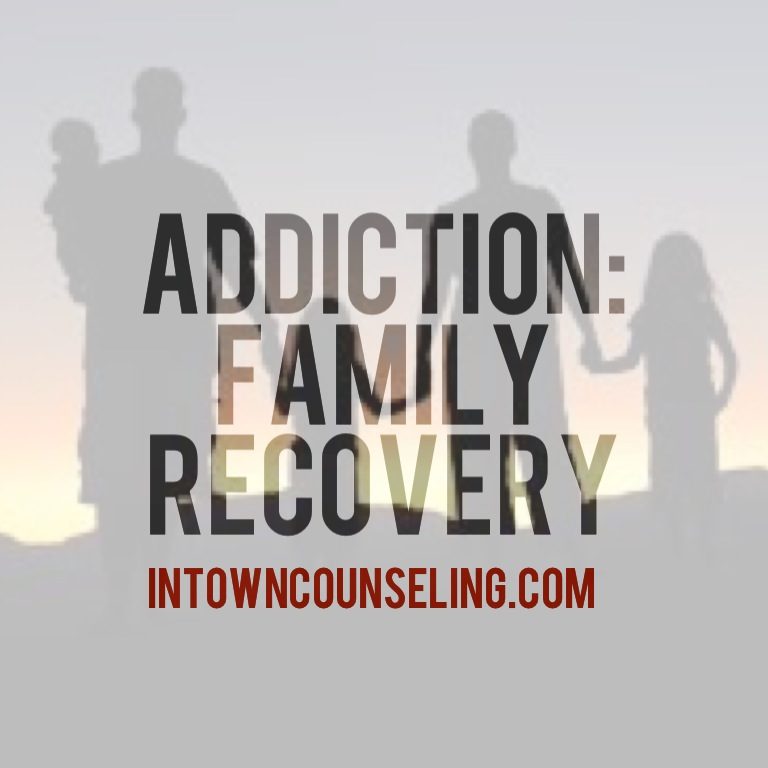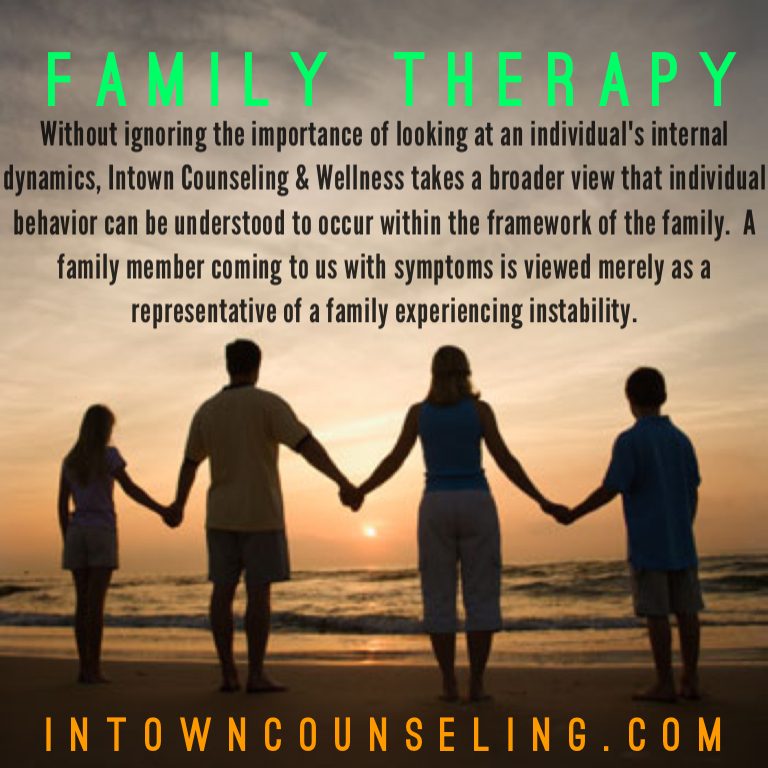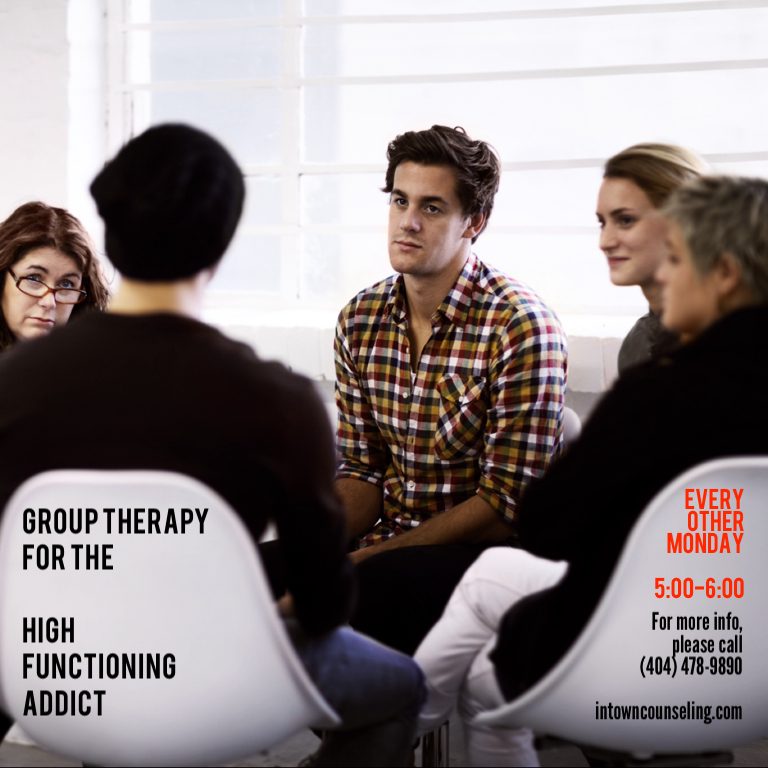Group Therapy Treatment for Recovering Professionals (or the High-Functioning Addict)
During my time as an addiction therapist, many of my high-functioning, professional clients have remarked at the difficulty they feel in relating to other alcohol and drug addicts at 12-step meetings. Their reasons for this vary, but usually revolves around a common theme: Their addiction has not resulted in the same “rock bottom” as the other addicts who attend the meetings. While they admittedly have been drinking or using drugs excessively, they may not have lost their job, all of their money, been in rehab, been to jail multiple times, or been unable to maintain their family life and friendships. Because of this, there is a tendency to minimize or deny that they have an addiction problem until an eye-opening event makes it impossible for them to ignore their problem anymore. The National Institute of Alcohol Abuse and Alcoholism (NIAAA) reported in a 2007 study that 19.5% of all alcoholics (nearly four million people) are of the “functional” subtype.
Being a high-functioning addict is equally as dangerous as being a lower functioning addict, and possibly more so. First, the warning signs tend to be overlooked due to the idyllic appearance of the high-functioning addict’s life. Second, treatment is frequently delayed. As there typically are underlying causes for dependence issues, some high-functioning addicts have the means to take extraordinary measures to keep their psychological discomfort away, such as going on a shopping spree or buying themselves a new car when they feel depressed. And finally, when these individuals fall, they fall hard because they have so much to lose. All of these reasons make it imperative for these high-functioning addicts to seek out timely and appropriate therapeutic help to support them in their recovery process.
While peer‐led self‐help groups, such as Alcoholics Anonymous (AA), can help keep the individual who abuses substances abstinent, group therapy really should be a staple of their recovery process. Group therapy provides opportunities for high-functioning addicts to understand and explore the emotional and interpersonal conflicts that contribute to their abuse amongst other relatable peers and a licensed therapist. The Substance Abuse and Mental Health Services Administration Center for Substance Abuse Treatment (SAMHSA/CSAT) reported in 2005 that “people who abuse substances often are more likely to remain abstinent and committed to recovery when treatment is provided in groups because of rewarding and therapeutic forces such as affiliation, confrontation, support, gratification, and identification. The capacity of group therapy to bond patients to treatment is an important asset because the greater the amount, quality, and duration of treatment, the better the client’s prognosis.” To find out more about our group therapy options, check out the Group Therapy Service page on our website, intowncounseling.com.
Written By Melissa Macdonald






